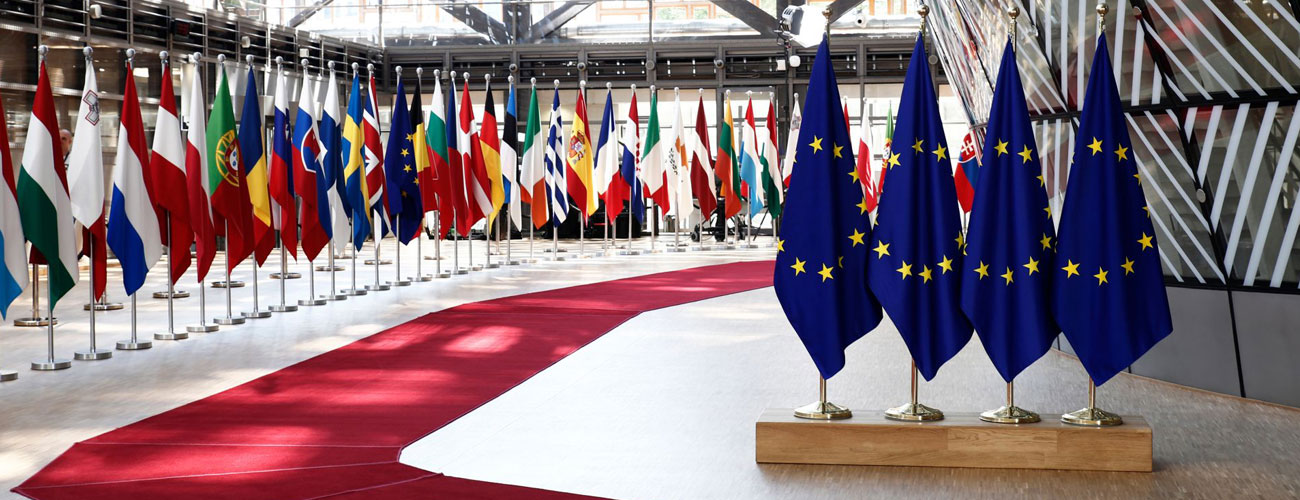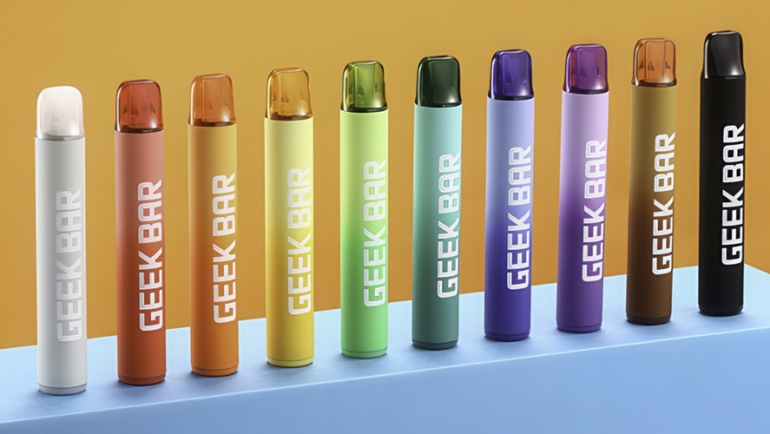Friday, 21st June, Luxembourg. As previously reported by Clearing the Air, a meeting of the Council of the European Union was held today where a ban on flavoured nicotine products was discussed, and supported by a number of key EU Member States.
The Council of the European Union coordinates policies among member states and works closely with the EU Commission. Although no formal proposals emerged from this event, it is crucial to recognise where consensus is developing. The EU Commission attends these discussions to identify which proposed policies are harmonised among member states and to gauge the support they will have in the formal rule-making process.
To begin, Latvia was invited to present their paper, „A Call for Action at the EU Level to Protect Young People from Harm Caused by Novel Tobacco and Nicotine Products.“ Additionally, a second agenda item was introduced, advocating for stricter regulation of online marketing. Both proposals received support from 12 other countries.
Estonia, Ireland, Slovenia, Luxembourg, and Malta provided further commentary on the first item. The Latvian delegate discussed the purported gateway from nicotine to tobacco, despite this theory being repeatedly debunked, with recent evidence clearly showing that flavour bans increase tobacco smoke.
One of the most noteworthy contributions came from the outgoing EU Commissioner, Stella Kyriakides, who shared insights into the Commission’s perspective:
„Our political objective is clear, and that is to deliver on the ambition of Europe’s Beating Cancer Plan for a tobacco-free generation by 2040.“
The tone of her remarks, along with those of other delegates, suggested that the health of current smokers is not a primary concern.
Notably, the most vocal supporters of restrictive regulations, such as flavour bans, came from countries with already stringent local legislation and, yet, high smoking prevalence. Countries like Hungary, Estonia and Latvia all called for much tougher restrictions, while showcasing their own flavours of liquid and sales bans.
Denmark took the lead on the second agenda item titled „Strengthening efforts to protect children from direct marketing and sale of tobacco and nicotine products, especially on digital platforms“, with the delegate stressing an „Urgent need for action at an EU level, we call for an update to the TPD to provide much stricter regulation of nicotine products“. While Commissioner Stella Kyriakides echoed his concerns, „I can assure you, we are not standing passively“.
The German delegate used his time to push for vaping to be added to smoke-free legislation, and indeed a number of the supporting comments in this section had little to do with digital marketing, perhaps, as the Commissioner said, it’s because ‚when dealing with foreign corporations and influencers, enforcing (existing) rules is very complex‘
More to follow…



